Home>Garden Essentials>How Long For Carrots To Germinate
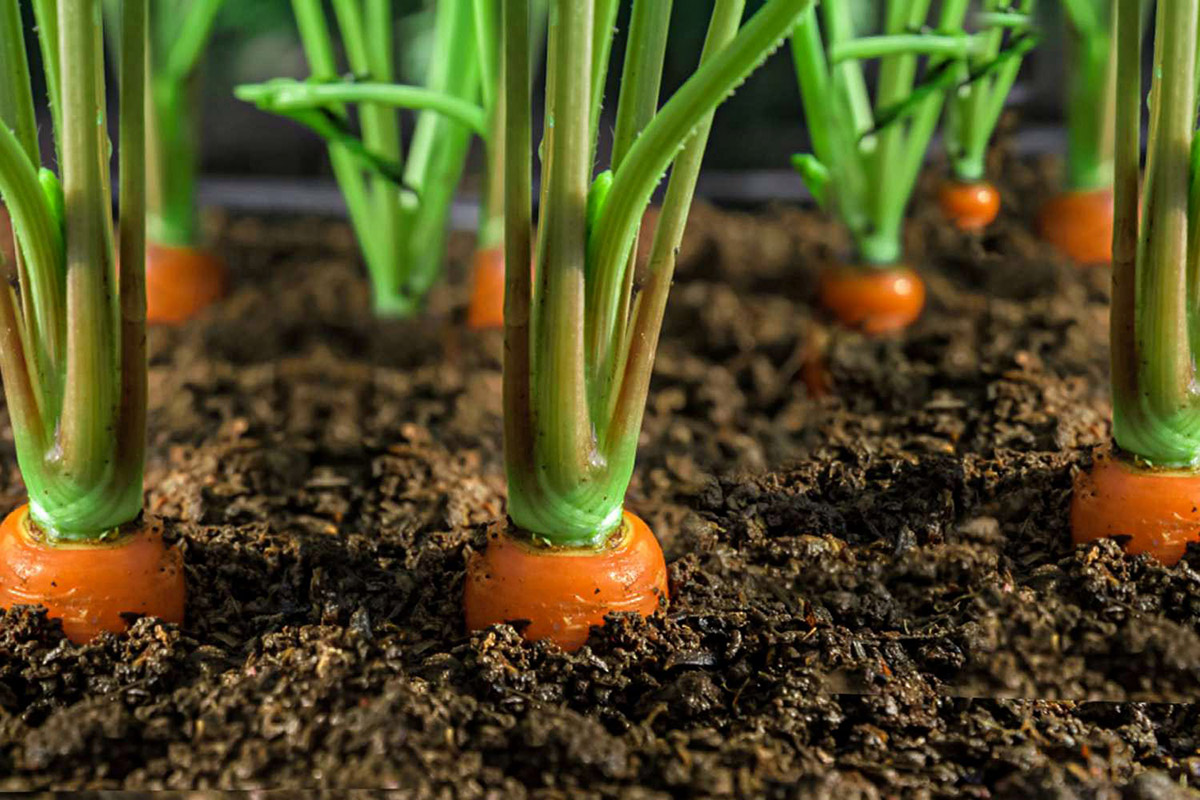

Garden Essentials
How Long For Carrots To Germinate
Modified: October 18, 2024
"Discover how long it takes for carrots to germinate in your garden and increase your gardening knowledge with our helpful guide."
(Many of the links in this article redirect to a specific reviewed product. Your purchase of these products through affiliate links helps to generate commission for Storables.com, at no extra cost. Learn more)
Introduction
Welcome to the wonderful world of gardening! Whether you are an experienced horticulturist or a beginner with a green thumb, the process of growing your own vegetables is both rewarding and fulfilling. In this article, we will delve into the fascinating realm of carrot germination and explore the factors that influence this crucial stage of plant growth. Understanding the germination process is essential for ensuring successful carrot cultivation and a bountiful harvest.
Carrots are a popular vegetable choice for home gardeners due to their versatility, nutritional value, and delicious flavor. They belong to the Umbelliferae family and are known botanically as Daucus carota sativus. Carrots are a cool-season crop that prefers well-drained soil and requires patience during the germination and growth stages.
Germination is the initial stage of a plant’s life cycle, where the seed absorbs water, swells, and eventually sprouts into a seedling. In the case of carrots, this process marks the beginning of root development and the formation of the familiar orange taproot we all love to harvest and enjoy.
To ensure successful carrot germination, it is crucial to understand the factors that influence this process. From soil conditions to temperature and moisture levels, each element plays a vital role in determining how quickly and efficiently your carrot seeds will germinate.
In the following sections, we will explore the ideal conditions for carrot germination, how long it typically takes for carrots to germinate, and the signs to look out for to ensure your carrot seeds are on the right track.
Key Takeaways:
- Carrot seeds take about 14 to 21 days to sprout, needing warmth, moisture, and darkness. Patience and proper care lead to a bountiful carrot harvest.
- Factors like soil temperature, moisture, and seed quality affect carrot germination. Keep an eye out for seedling emergence and ensure ideal growing conditions for healthy carrot plants.
Read more: How Long To Steam Carrots In Steamer
Understanding Carrot Germination
Carrot germination is a complex process that involves the activation of enzymes within the seed, allowing it to break dormancy and start growing. During this stage, the seed absorbs water from the surrounding soil, causing it to swell and crack open. This allows the embryonic root, known as the radicle, to emerge and establish itself in the soil.
Carrot seeds are relatively small and fragile, making them susceptible to environmental conditions. They require specific conditions to germinate successfully, including moisture, oxygen, and the right temperature range. If any of these factors are suboptimal, it can lead to poor or delayed germination.
One important characteristic of carrot seeds is their sensitivity to light. Unlike many other seeds that require exposure to light for germination, carrot seeds prefer darkness. They are photoblastic, meaning they inhibit germination when exposed to light. This is why it’s important to plant carrot seeds at the proper depth to ensure they are shielded from light.
Another factor to consider is the age of the carrot seeds. Fresh seeds that have been properly stored are more likely to have higher germination rates compared to older seeds. It’s best to use seeds that are no more than two years old for optimal germination.
Additionally, carrot seeds require a well-prepared seedbed. The soil should be loose, well-draining, and free from clumps or debris that may hinder the penetration of the emerging seedling. It’s crucial to remove any large rocks or debris from the soil prior to planting.
Overall, understanding the intricacies of carrot germination will help you create the ideal growing conditions for your carrot seeds. Providing the right environment and addressing any potential issues that may arise will greatly increase your chances of successful germination and healthy carrot plants.
Factors Affecting Carrot Germination
Carrot germination is influenced by various factors that can either promote or hinder the successful sprouting of carrot seeds. By understanding these factors, you can create an optimal environment for carrot germination and increase your chances of a successful harvest. Let’s explore the key factors that affect carrot germination:
- Soil Temperature: Carrot seeds require a specific range of temperatures to germinate. The optimal soil temperature for carrot germination is between 55°F and 75°F (13°C and 24°C). If the temperature is too low, germination may be slow or unsuccessful. Conversely, if the temperature is too high, it can inhibit germination or cause the seeds to rot.
- Moisture Level: Adequate moisture is vital for carrot germination. The soil should be evenly moist but not saturated. If the soil is too dry, the seeds may fail to germinate. On the other hand, if the soil is overly wet, it can lead to seed rot or fungal diseases. Maintaining proper moisture levels throughout the germination period is essential for successful carrot seed sprouting.
- Seed Depth: The planting depth of carrot seeds is crucial for their germination. Carrot seeds are relatively small and should be planted shallowly, about ¼ to ½ inch deep (0.6 to 1.3 cm). Planting seeds too deeply can inhibit their ability to reach the surface and sprout. It’s important to follow the recommended planting depth to optimize germination.
- Seed Quality: The quality of carrot seeds can greatly affect their germination. It’s essential to use fresh, high-quality seeds for the best results. Old or poorly stored seeds may have reduced germination rates. Always purchase seeds from reputable sources and store them properly to ensure their viability.
- Light Exposure: As mentioned earlier, carrot seeds are sensitive to light and prefer darkness during the germination process. Planting carrot seeds at the proper depth will help shield them from light and promote successful germination. Direct exposure to light can inhibit germination or cause the seeds to become dormant.
- Soil Quality: The quality of the soil can impact carrot germination. Carrots prefer loose, well-draining soil. If the soil is compacted or poorly drained, it can hinder the development of the carrot roots and impede germination. It’s important to prepare the soil adequately by removing any debris, rocks, or clumps to create a favorable growing environment.
By taking these factors into consideration and providing the optimal conditions for carrot germination, you can set the stage for successful seed sprouting and ensure the healthy growth of your carrot plants.
Ideal Conditions for Carrot Germination
Creating the ideal conditions for carrot germination is crucial for ensuring successful sprouting and healthy growth of your carrot plants. By providing the following optimal conditions, you can greatly increase your chances of a bountiful carrot harvest:
- Soil Temperature: Carrot seeds germinate best in soil temperatures between 55°F and 75°F (13°C and 24°C). It’s important to wait until the soil has warmed up adequately before sowing carrot seeds. You can use a soil thermometer to monitor the temperature and ensure it falls within the optimal range.
- Moisture Level: Carrot seeds require consistent moisture for successful germination. Keep the soil evenly moist throughout the germination period. Avoid overwatering, as it can lead to seed rot or fungal diseases. On the other hand, allowing the soil to dry out completely can hinder germination. Regular watering, especially in dry periods, is essential for promoting optimal carrot germination.
- Seed Depth: Plant carrot seeds at the recommended depth of ¼ to ½ inch (0.6 to 1.3 cm). This shallow planting depth allows the emerging seedlings to break through the soil easily. Planting seeds too deeply can delay or inhibit germination. Ensure that the seeds are evenly spaced to provide sufficient room for growth.
- Light Exposure: Carrot seeds prefer darkness during the germination process. Plant them at the proper depth to shield them from light. If planting in rows, consider using mulch to maintain darkness and moisture levels. Avoid exposing the seeds to direct sunlight, as it can inhibit germination.
- Soil Quality: Carrots thrive in loose, well-draining soil. Ensure that the soil is well-prepared by removing rocks, clumps, and debris that may hinder proper root development. Incorporate organic matter such as compost or well-rotted manure to improve soil structure and fertility.
- Weed Control: Keeping the area around your carrot seeds free from weeds is essential for their successful germination. Weeds can compete for nutrients, water, and sunlight, leading to stunted carrot growth. Regularly inspect and remove any weeds that emerge near your carrot seedlings.
By providing the ideal conditions of soil temperature, moisture level, seed depth, light exposure, soil quality, and weed control, you can maximize the germination success of your carrot seeds. Remember to monitor the conditions regularly and make any necessary adjustments to ensure optimal growth throughout the germination period.
Carrots typically take 14-21 days to germinate. Keep the soil consistently moist and provide plenty of sunlight for best results.
How Long Does It Take for Carrots to Germinate?
Patience is key when it comes to carrot germination. Unlike some quick-sprouting seeds, carrots tend to have a longer germination period. On average, it takes around 14 to 21 days for carrot seeds to germinate, although this can vary depending on various factors.
The germination speed of carrot seeds is influenced by factors such as soil temperature, moisture levels, seed quality, and even the variety of carrot being grown. Warmer soil temperatures within the ideal range of 55°F to 75°F (13°C to 24°C) generally promote faster germination, while cooler temperatures can slow down the process.
Additionally, keeping the soil evenly moist throughout the germination period is essential for promoting quicker and more consistent germination. Inadequate moisture can cause delays or uneven germination, while excessive water can lead to seed rot or fungal diseases.
The variety of carrot being grown can also play a role in germination speed. Some carrot varieties are known for their quick germination, while others may take a bit longer. Checking the seed packet or researching the specific variety you are planting can give you a better idea of the expected germination time.
It’s important to note that germination is a gradual process, and not all carrot seeds will sprout at the same time. Some seeds may germinate within a week, while others may take closer to the three-week mark. This natural variation is normal and doesn’t necessarily indicate a problem.
During the germination period, it’s essential to maintain consistent moisture levels and provide proper care for the emerging seedlings. Avoid disturbing the soil or overcrowding the seedlings, as this can hinder their growth and development.
Once your carrots have germinated, they will continue to grow and develop into mature plants. It’s important to provide the necessary care, including proper watering, weed control, and regular monitoring for pests and diseases, to ensure healthy carrot growth and a successful harvest.
Remember to be patient and provide the optimal growing conditions for your carrot seeds. With time, care, and a little bit of luck, you’ll soon have a garden filled with vibrant, delicious carrots ready to be enjoyed!
Signs of Carrot Germination
Knowing how to identify the signs of carrot germination is crucial for monitoring the progress of your seeds and ensuring a successful growing season. While carrot germination can take some time, there are several key signs that indicate your seeds have sprouted and are on their way to becoming healthy carrot seedlings:
- Emergence of Seedlings: One of the first signs of carrot germination is the emergence of seedlings from the soil. As the seeds absorb water, the outer seed coat cracks open, and the embryonic root, known as the radicle, begins to grow downward. Look for small, pale green shoots breaking through the soil surface.
- First Set of Leaves: Once the seedling emerges, it will quickly develop its first set of true leaves. These leaves are usually more elongated and carrot-like in appearance compared to the initial seed leaves, which are small and rounded. The emergence of these true leaves signals that the seedling is actively photosynthesizing and growing.
- Increase in Height: As carrot seedlings continue to grow, you will notice a steady increase in their height. Initially, they will be quite small and delicate, but with time and proper care, they will grow taller and stronger.
- Root Development: While not immediately visible, carrot seedlings also develop a strong and extensive root system during germination. A healthy root system is crucial for nutrient uptake and anchoring the plant. As the seedling grows, you may notice the development of fine root hairs and secondary roots.
- Thinning of Seedlings: As your carrot seedlings continue to grow and establish themselves, it may be necessary to thin them out. Thin out the seedlings to a proper spacing to ensure that each plant has enough space to develop a healthy root system and access to sunlight.
- Uniform Growth: Healthy carrot seedlings will exhibit uniform growth patterns, with similar leaf size and color across the seedlings. This indicates that the germination process has been successful and the seedlings are receiving adequate light, moisture, and nutrients.
It’s important to note that not all carrot seeds will germinate at the same time. Some seeds may sprout earlier than others, resulting in staggered growth. This is normal and part of the natural variation in seed germination.
By keeping a close eye on these signs of carrot germination, you can assess the progress of your seedlings and ensure they are on the right track. Providing proper care, including adequate watering, weed control, and protection from pests, will further support their healthy growth into mature carrot plants.
Troubleshooting Carrot Germination Issues
While carrot germination is generally a straightforward process, there are some common issues that gardeners may encounter. By troubleshooting these issues, you can overcome any obstacles and increase the success of your carrot germination. Let’s explore some of the common germination issues and how to address them:
- Slow Germination: If your carrot seeds are taking longer than usual to germinate, it may be due to cooler soil temperatures. Carrot seeds prefer a soil temperature between 55°F and 75°F (13°C and 24°C) for optimal germination. To address slow germination, consider using row covers or cloches to provide additional warmth to the soil or wait until the soil has warmed up before sowing your seeds.
- Poor Germination or Low Seedlings: If you’re experiencing poor germination rates or a low number of seedlings, it may be due to factors such as old or low-quality seeds, improper planting depth, or inconsistent soil moisture. To address this, ensure that you are using fresh, high-quality seeds and planting them at the recommended depth of ¼ to ½ inch (0.6 to 1.3 cm). Additionally, maintain consistent moisture levels in the soil to support germination.
- Fungal Diseases: Carrot seeds and seedlings are susceptible to fungal diseases such as damping-off, which can cause rotting of the seeds or seedlings. To prevent fungal diseases, ensure that the soil and seedlings are not overly wet. Proper air circulation and avoiding overcrowding of seedlings can also help reduce the risk of fungal diseases.
- Weed Competition: Weeds can compete with carrot seedlings for essential nutrients, water, and sunlight. To prevent weed competition during germination, keep the planting area weed-free by regularly removing any emerging weeds. Mulching around the seedlings can also help suppress weed growth.
- Pest Damage: Carrot seedlings can be vulnerable to pests such as cutworms, slugs, and carrot rust flies. These pests can damage or kill young seedlings. To protect your carrot seedlings, consider using physical barriers such as row covers or organic pest control methods. Regularly inspect the seedlings for any signs of pest damage and take appropriate action.
- Poor Soil Drainage: Carrots prefer well-draining soil. If your soil is heavy or poorly drained, it can lead to rotting of the seeds or seedlings. To improve soil drainage, amend the soil with organic matter such as compost or well-rotted manure. Creating raised beds can also help improve drainage.
By addressing these common germination issues promptly and taking preventive measures, you can ensure healthier and more successful carrot germination. Remember to provide the optimal growing conditions, including appropriate soil temperature, proper planting depth, consistent moisture levels, weed control, and protection against pests. With proper care and attention, you’ll be on your way to a thriving carrot garden!
Conclusion
Carrot germination is an exciting and essential stage in the growth of these beloved root vegetables. By understanding the factors that influence germination and providing the ideal conditions, you can increase the success rate of your carrot seeds and ensure healthy plant development.
From maintaining proper soil temperature and moisture levels to planting at the correct depth and ensuring adequate soil quality, each factor plays a vital role in the germination process. By paying attention to these factors, you can set the stage for successful sprouting and healthy carrot seedling growth.
While carrot germination can take some time, typically ranging from 14 to 21 days, it’s important to be patient and allow the seeds to develop at their own pace. Monitoring the signs of germination such as seedling emergence, development of true leaves, and uniform growth will provide you with insights into the progress of your carrot seeds.
Throughout the germination period and beyond, proper care, including regular watering, weed control, and protection against pests and diseases, will contribute to the overall health and success of your carrot plants.
If you encounter any germination issues, such as slow germination, poor seedling development, or pests and diseases, troubleshooting and taking appropriate actions can help overcome these challenges and promote successful carrot germination.
As you embark on your carrot-growing journey, remember to enjoy the process and take pride in nurturing your carrot seeds into thriving plants. The reward of harvesting your very own homegrown carrots will be well worth the effort and patience.
So, let your garden be filled with the vibrant colors and flavors of fresh, crunchy carrots, enriched by your understanding and dedication to the germination process. Happy gardening!
Frequently Asked Questions about How Long For Carrots To Germinate
Was this page helpful?
At Storables.com, we guarantee accurate and reliable information. Our content, validated by Expert Board Contributors, is crafted following stringent Editorial Policies. We're committed to providing you with well-researched, expert-backed insights for all your informational needs.

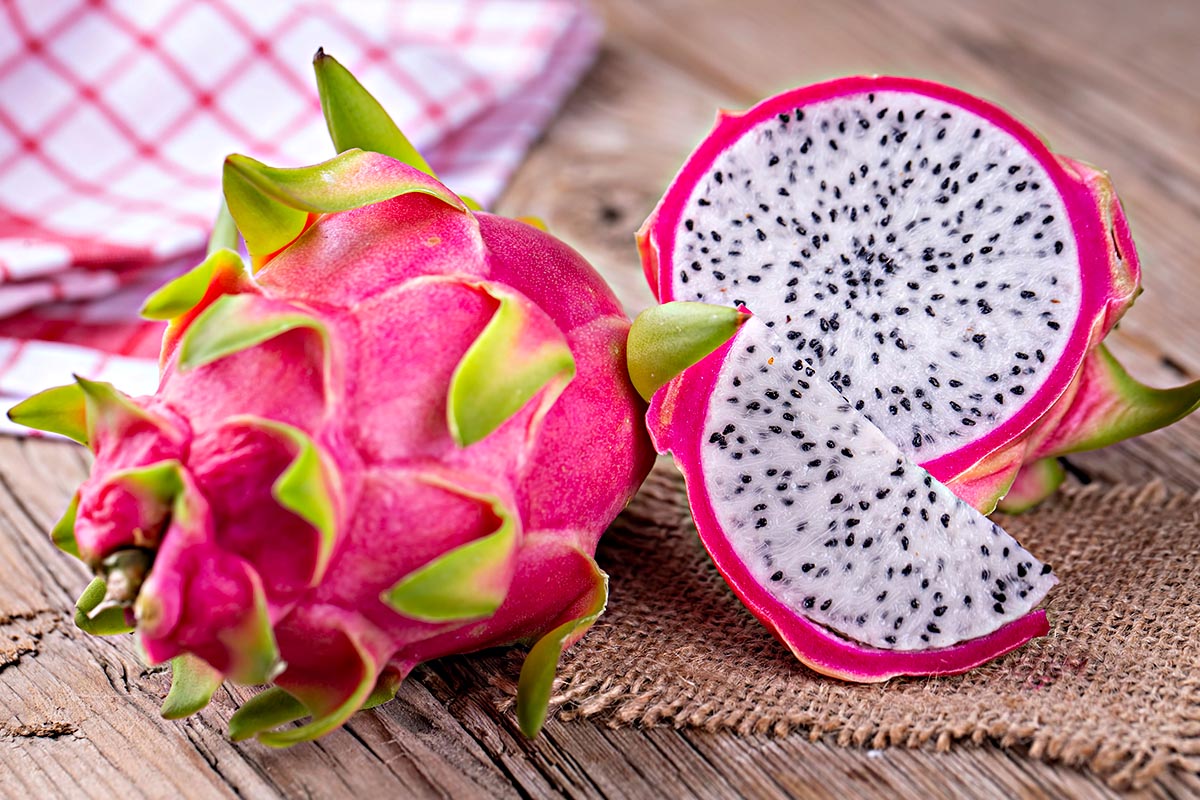
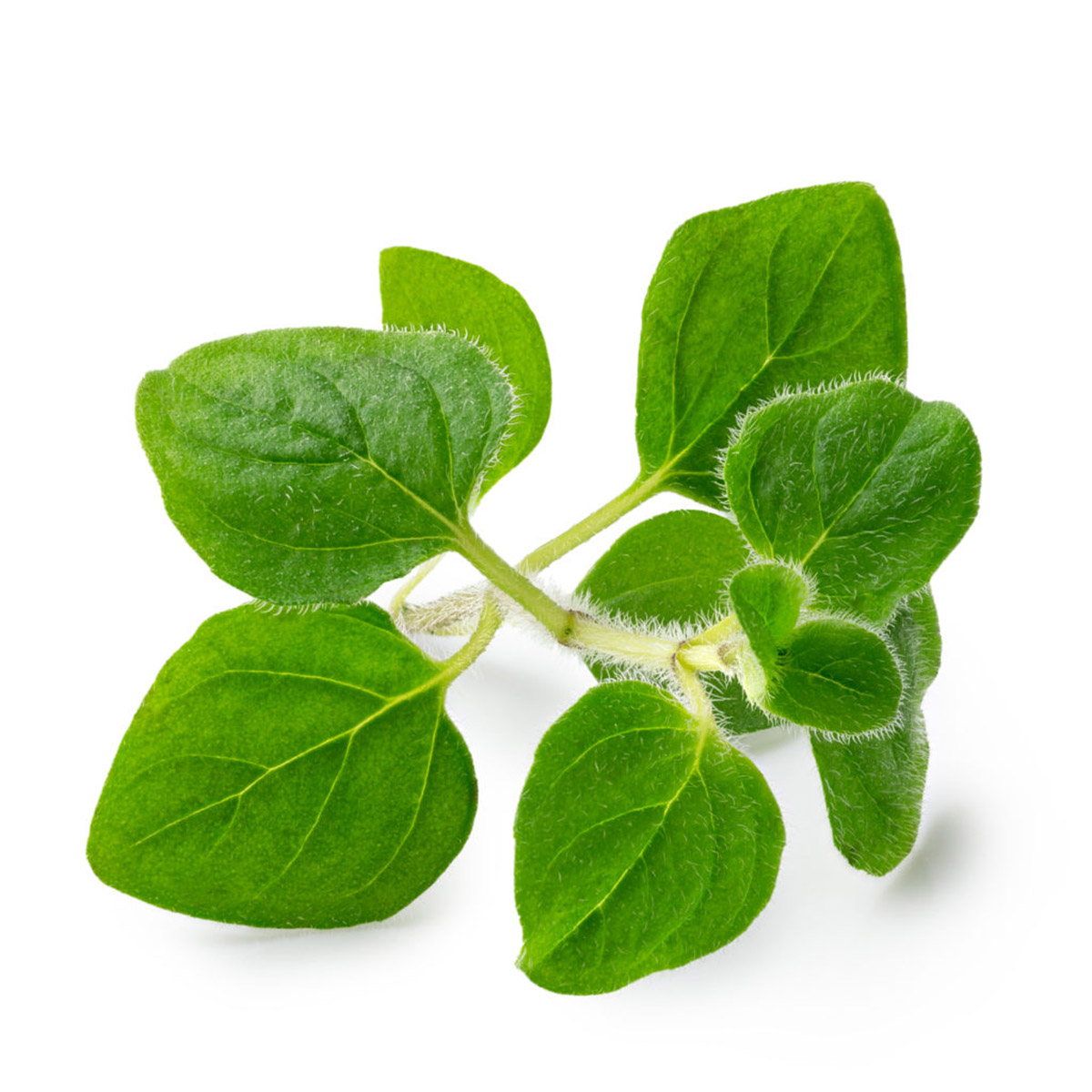
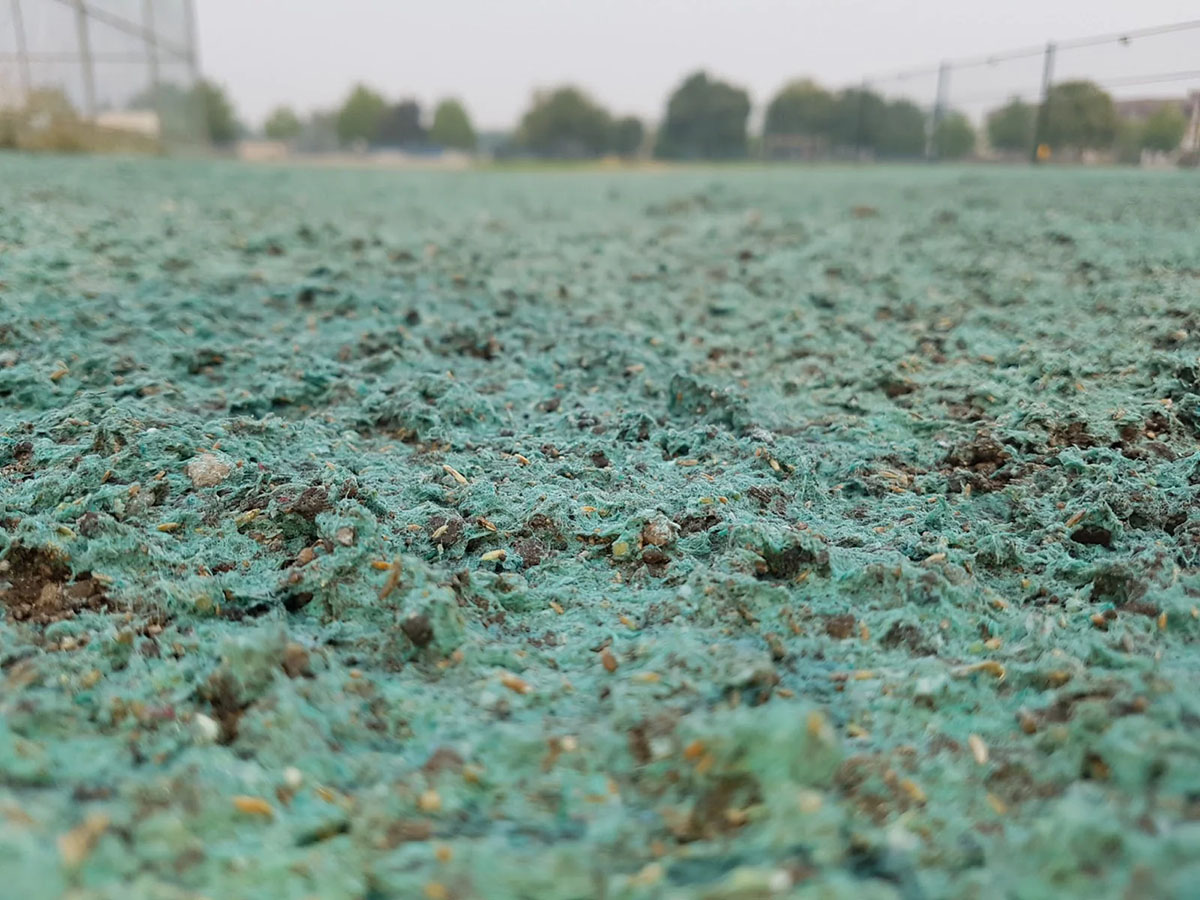
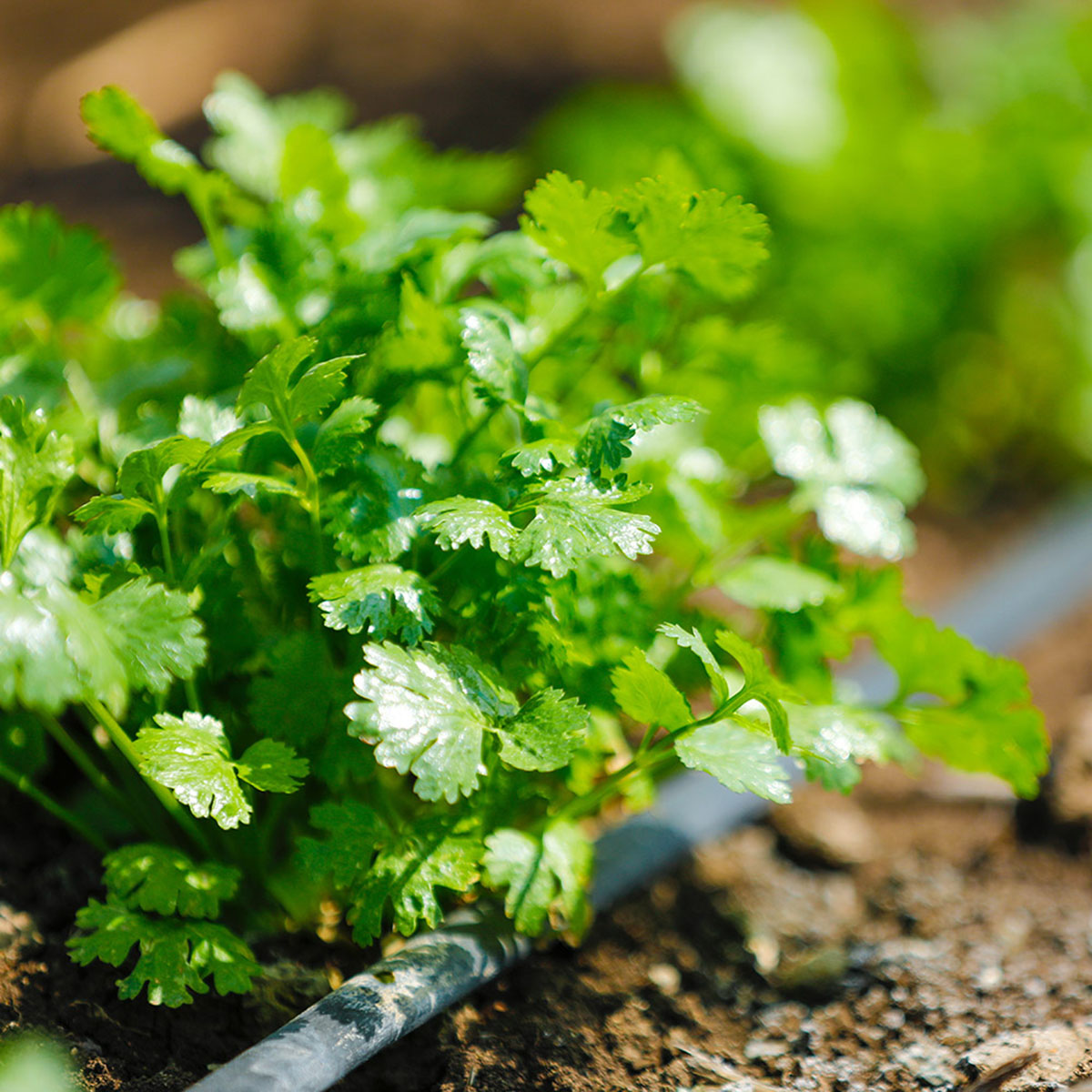
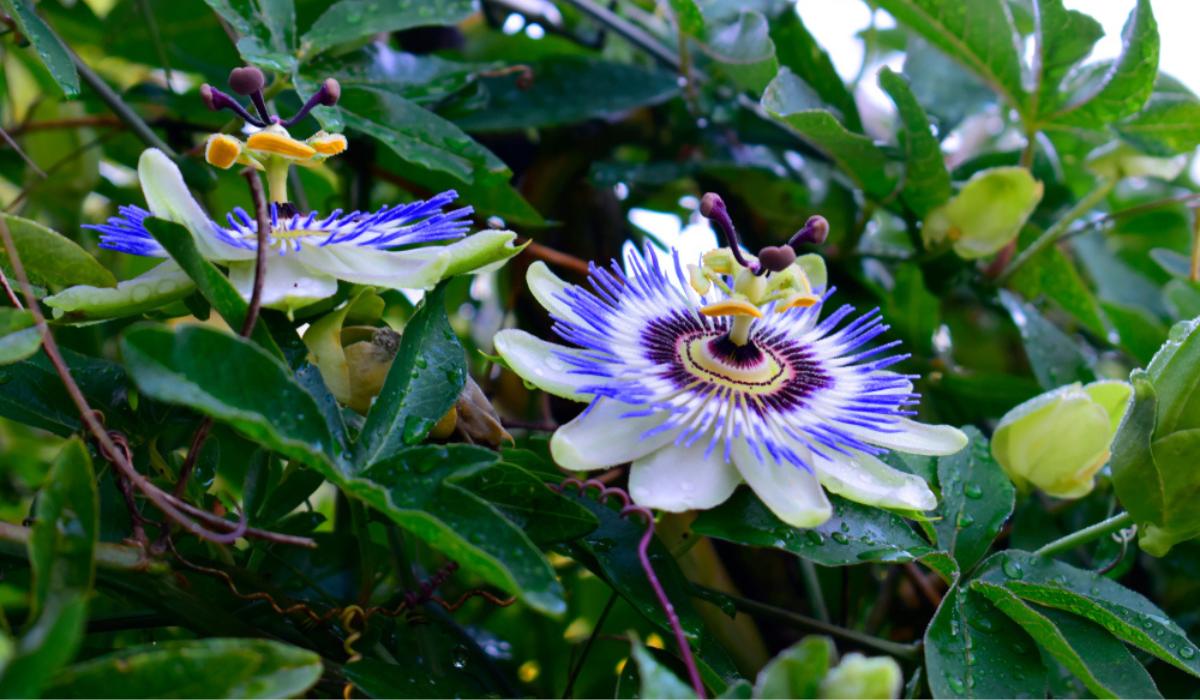
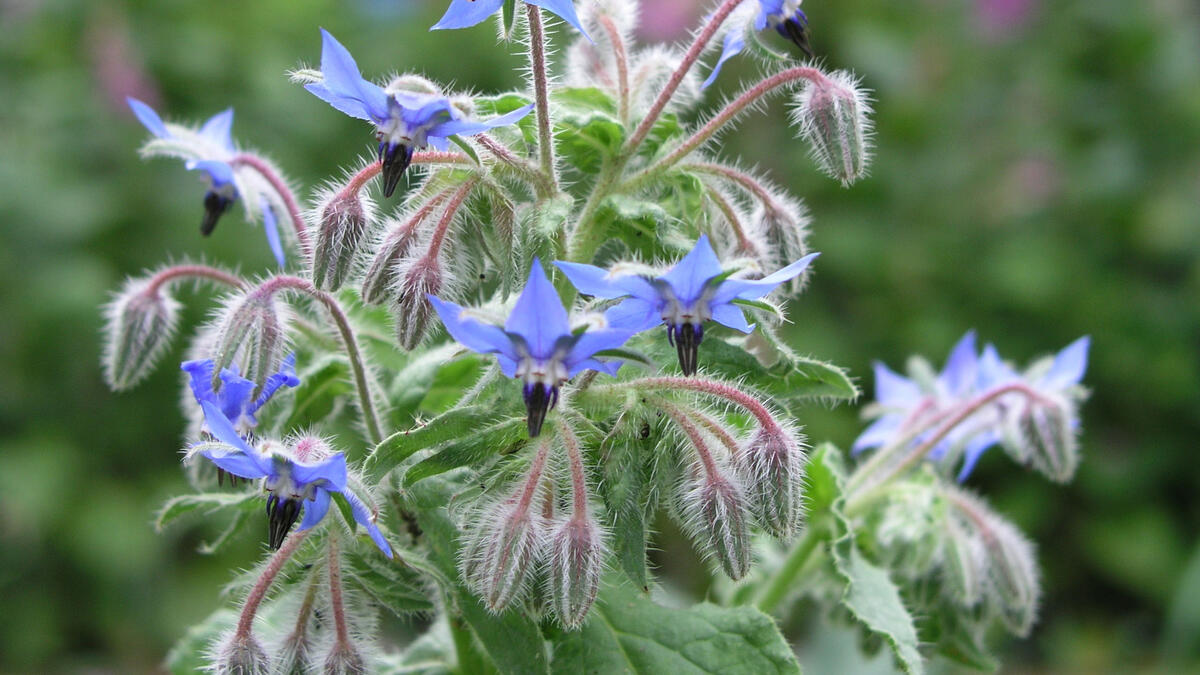
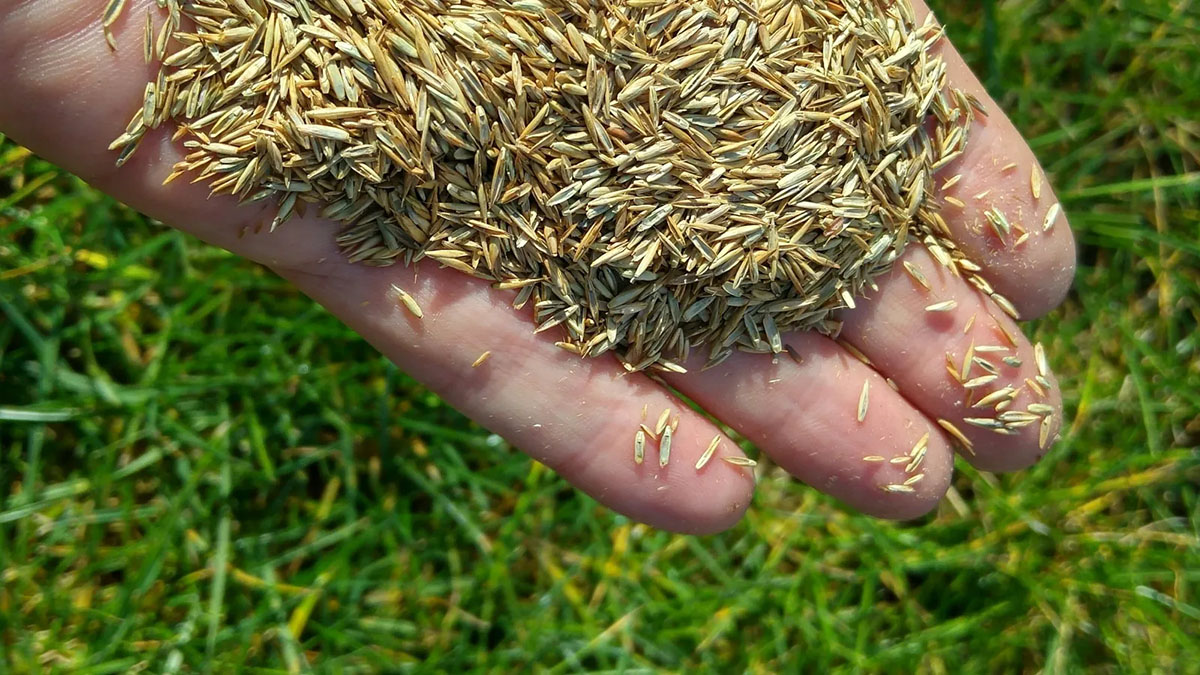
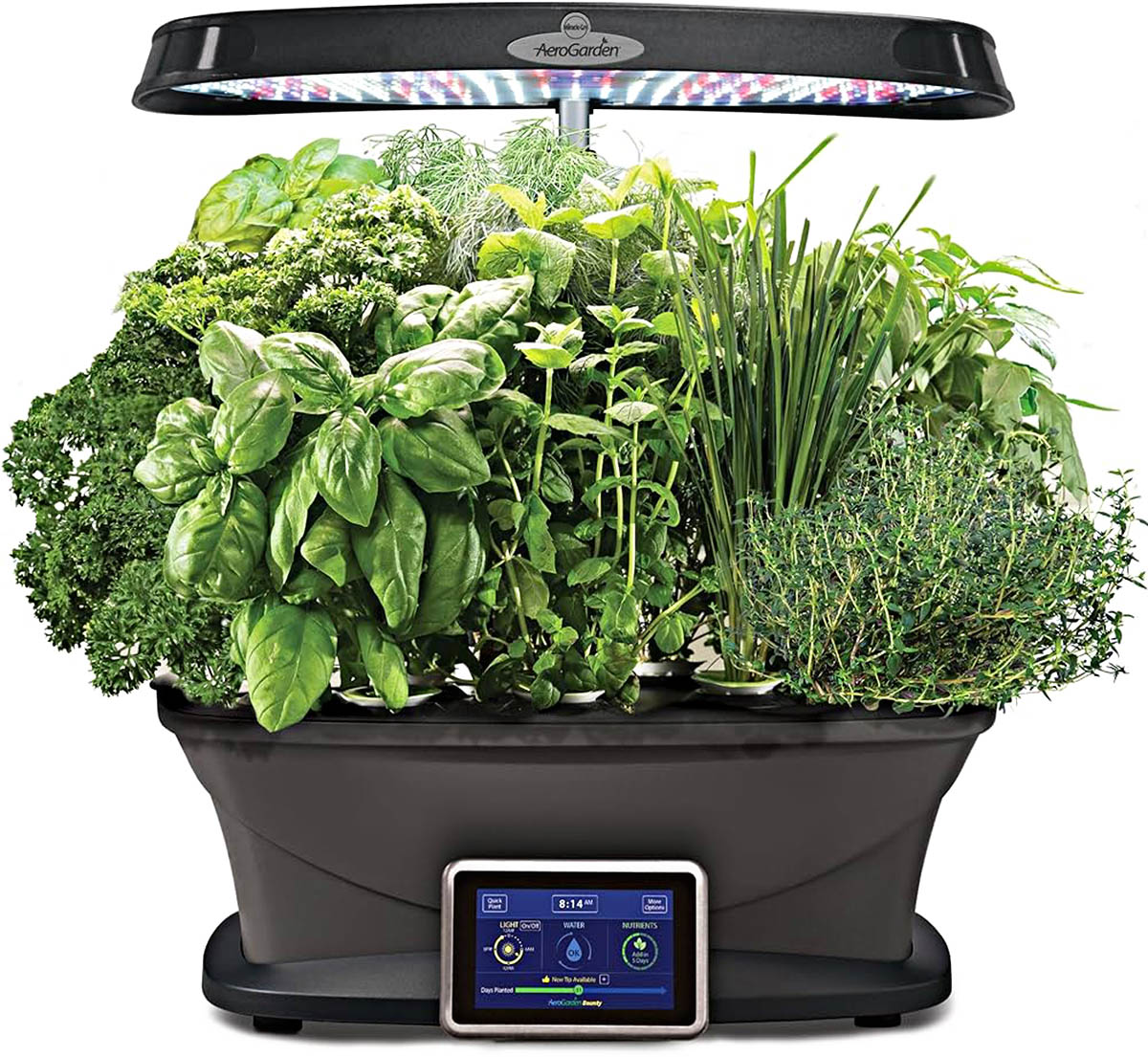


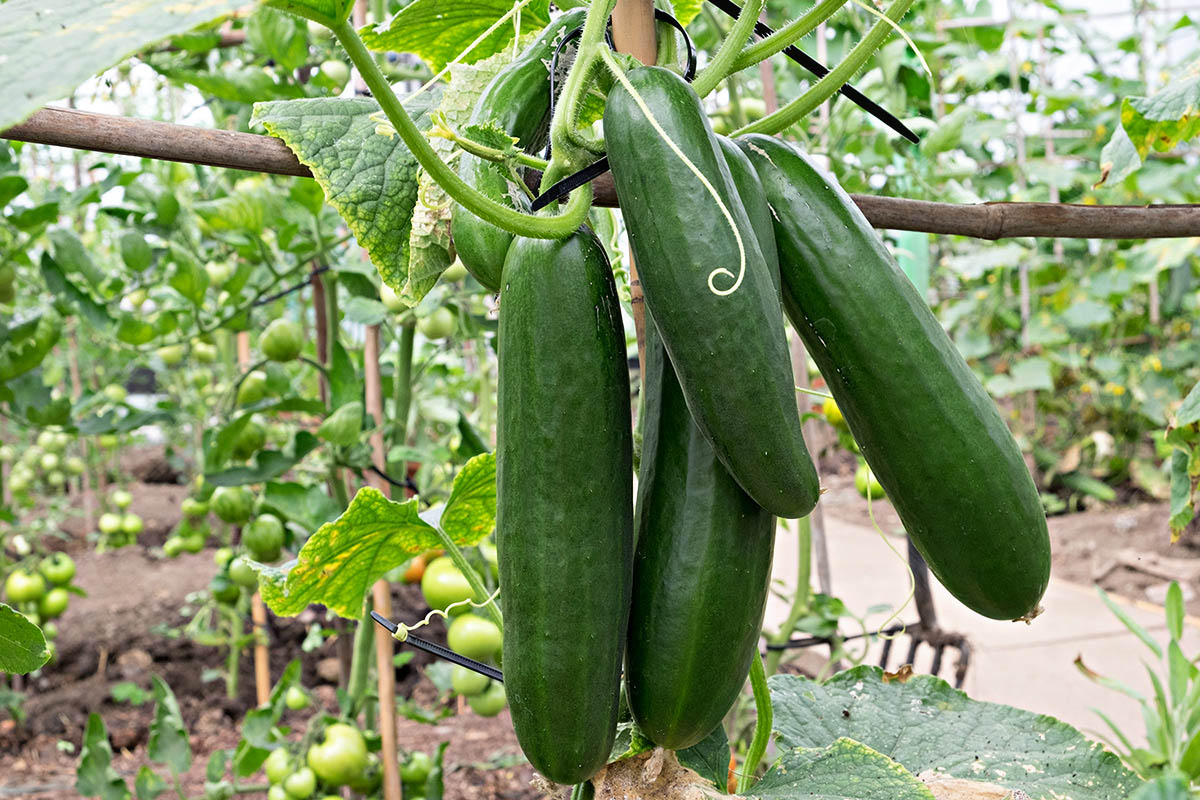
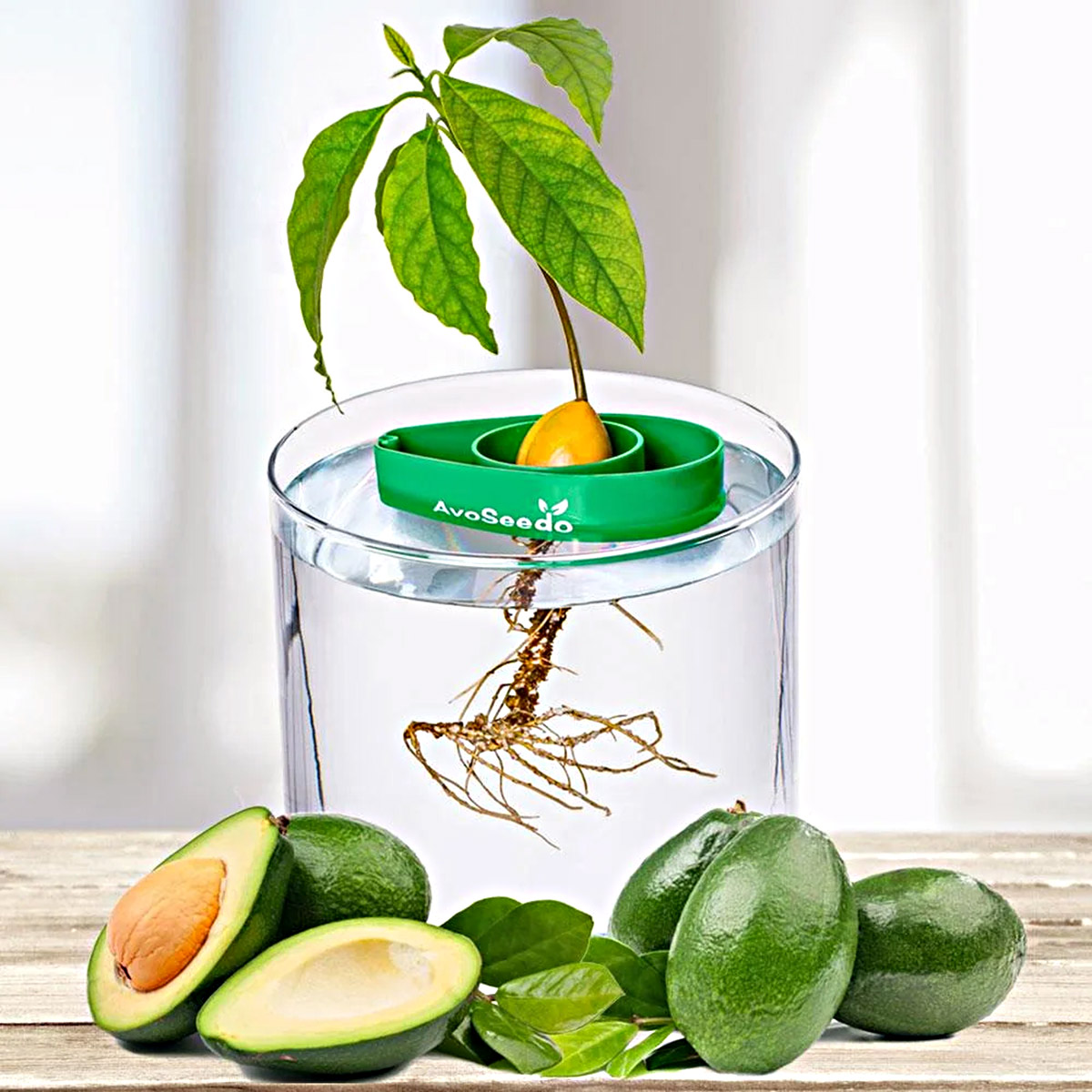
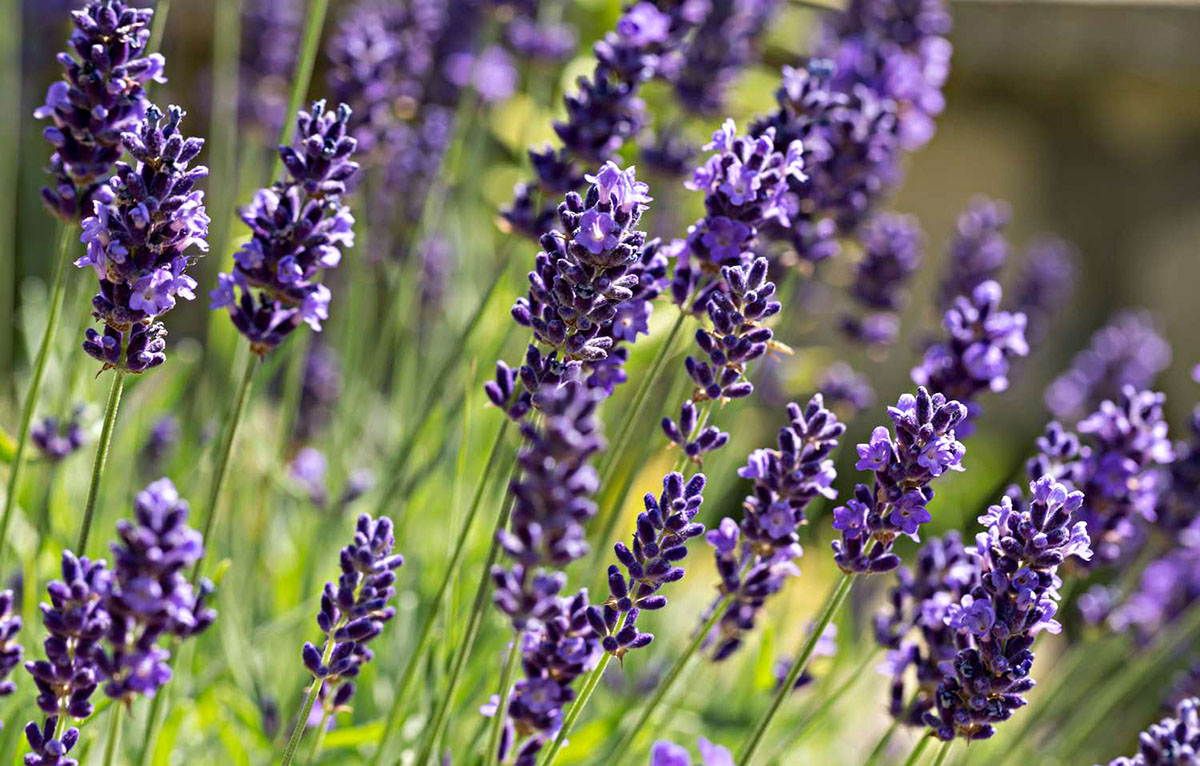

0 thoughts on “How Long For Carrots To Germinate”